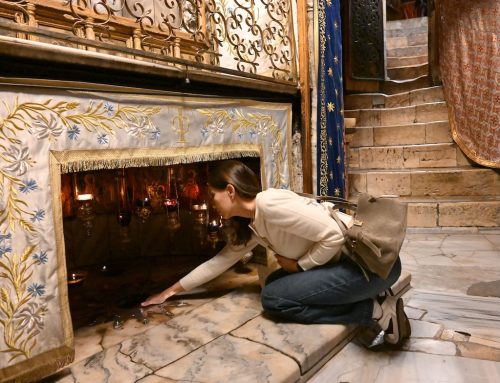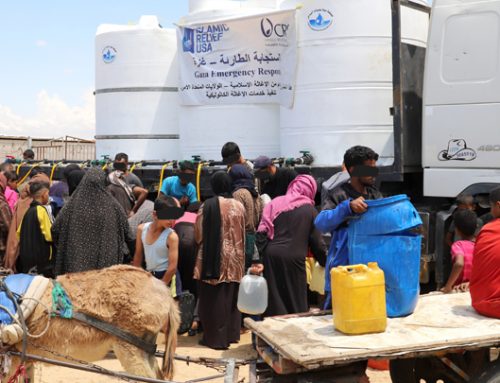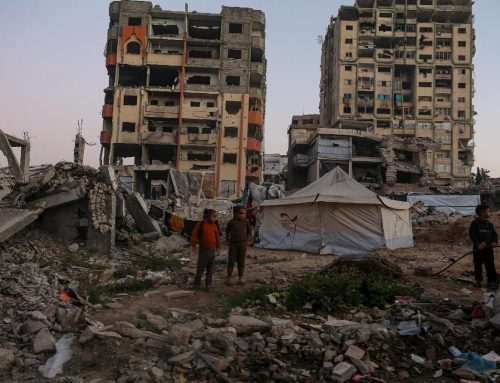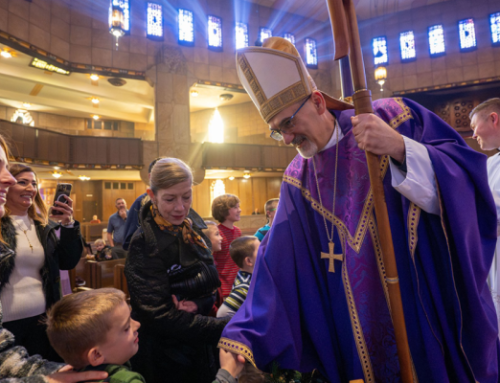Benedict XVI publicly expressed his pain over the difficulties that Christians are going through in the Holy Land. Benedict XVI publicly expressed his pain over the difficulties that Christians are going through in the Holy Land. He voiced his concern today to about 100 people who are participants in the annual meeting of the Vatican agency that coordinates funding to Eastern Catholic Churches. The agency, known by its Italian acronym ROACO, is under the Congregation for Eastern Churches. Recalling that ROACO in its meeting analyzed in particular the situation of Christians in the Holy Land, the Pope said: “All wish to find always in the land in which our Redeemer was born a living Christian community. “The serious difficulties it is going though because of profound insecurity, lack of work, innumerable restrictions and consequent growing poverty, are a cause of pain for us all.” “It is a situation that makes the educational, professional and family future of young generations extremely uncertain, unfortunately tempting them to leave forever the beloved land of their birth,” the Holy Father added. “This also happens in other areas of the Middle East, such as Iraq and Iran, which also benefit providentially” from ROACO’s aid. He wondered how such serious problems could be addressed: “Our prime and fundamental duty is that of persistent and faithful prayer to the Lord, who never abandons his children in times of trial. “This should be associated with activities of fraternal solicitude, in order to find new and at times unexpected ways to meet the needs of those people.” Mutual respect Benedict XVI concluded by appealing to “pastors, faithful and everyone in positions of responsibility in the civil community, to favor mutual respect between cultures and religions, and to create as soon as possible the conditions for serene and peaceful coexistence throughout the Middle East.” In a statement June 14, Joaqu?n Navarro Valls, director of the Vatican press office, expressed the Holy Father’s closeness to the peoples of the Holy Land at this time of strife.





